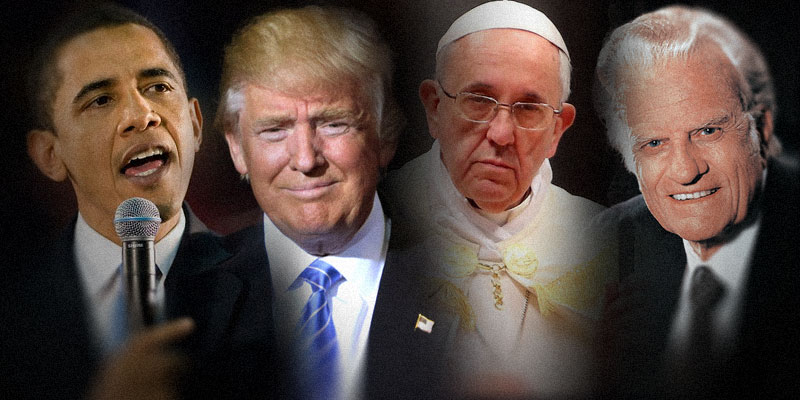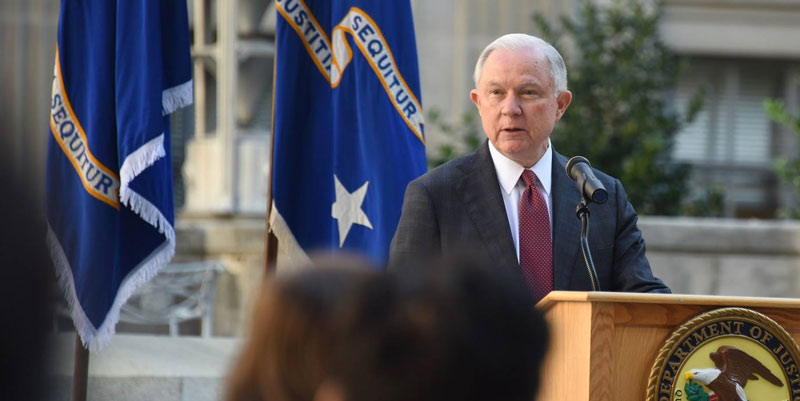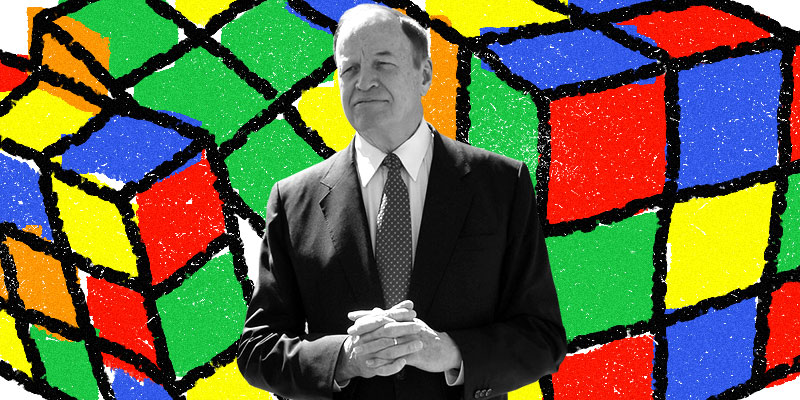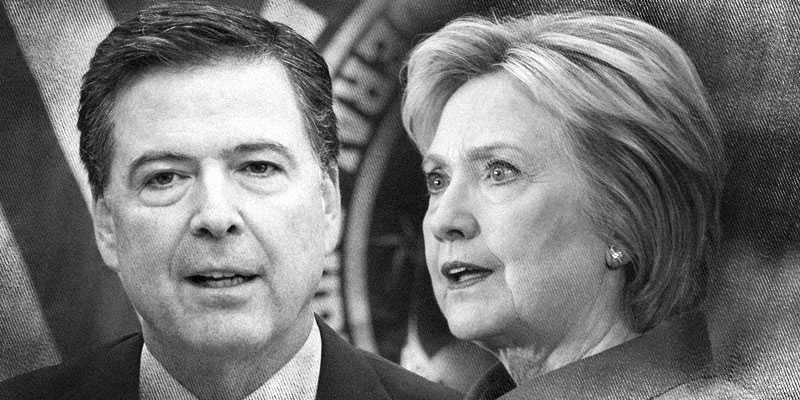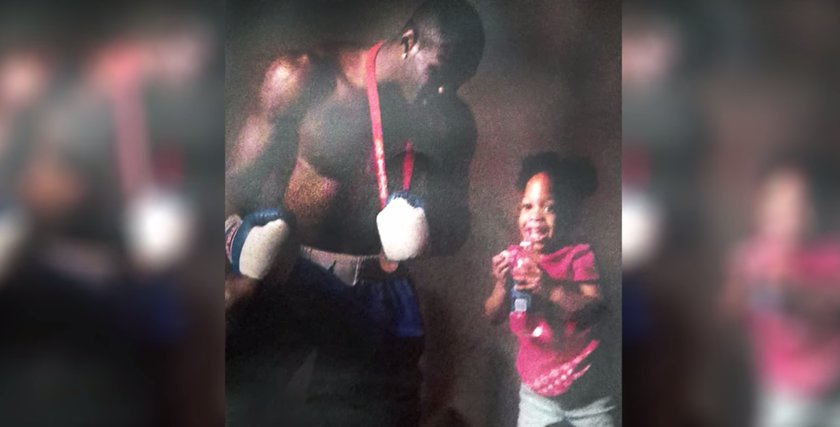
Sen. Jeff Sessions (R-Ala.) is not persuaded by the Pope’s politics.
During an interview with inside-the-beltway publication Roll Call, Sessions was asked to opine on the pontiff’s political positions. Pope Francis is set to deliver an address to a joint session of Congress on Thursday.
“He’s said things close to open borders, which I think is wrong, and his opinion is no more persuasive to me than the Wall Street Journal’s. I don’t agree with either one,” Sessions began. “It’s all right for him to call on us to establish an immigration law that serves the national interest and assists people, but how that’s done, I think he probably is not sufficiently informed. It’s always dangerous for church leaders to start opining on complex matters of which they haven’t had a chance to learn over the years. I mean, we’ve been wrestling with immigration for 30 years. That’s a lot of knowledge. So the pope is not invested in that.”
Sessions said that perhaps the pope should be delivering his immigration message to his own country, rather than to the United States.
“I would suggest on immigration, maybe he would want to go to Argentina and ask them to take more people from the Middle East,” he said. “They take almost none.”
Turning his attention to Pope Francis’s frequent criticisms of capitalism, Sessions said the pope should again look to his home country and the surrounding areas for evidence that socialist policies do not work.
“Has a socialist policy worked in Argentina or Brazil? Who do they call on when there is a refugee crisis? The West, who has a free market system that has created wealth. Even our poor people are wealthier than middle-class people in most countries.”
Sessions acknowledged that there are times when spiritual leaders should engage in the political debate. He recalled pastors asking their congregations during the civil rights movement, “Can a black person worship in this church or not?”
“That was a powerful thing,” he said. “And people had to choose in the South.”
But ultimately Sessions said he believes faith leaders should be careful when choosing which issues to tackle.
“I’ve always been uneasy about church leaders getting too deeply involved in political issues because it can undermine their core mission, undermine their ability to be effective on spiritual matters,” he said. “However, there is no doubt that on occasion there are times that a call for obedience and an objection to wrong policies is demanded of church leaders. Where you draw that line, I don’t know.
“Jesus focused on the bread of life, the spiritual realm,” he concluded. “You get that right, everything else kind of falls into place.”
Like this article? Hate it? Follow me on Twitter and let me know what you think.
— Cliff Sims (@Cliff_Sims) June 9, 2015







